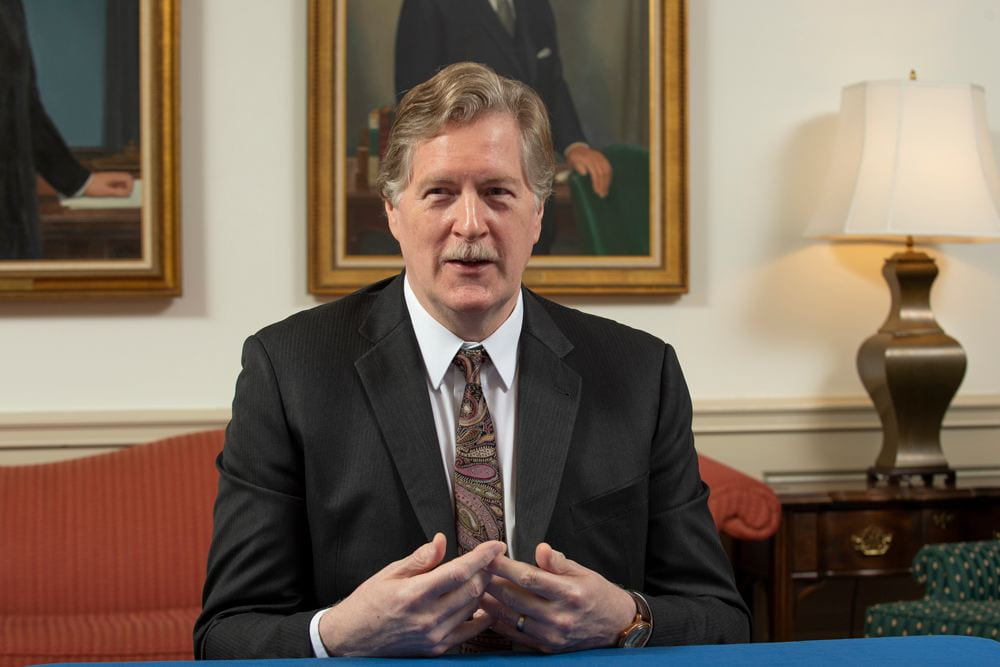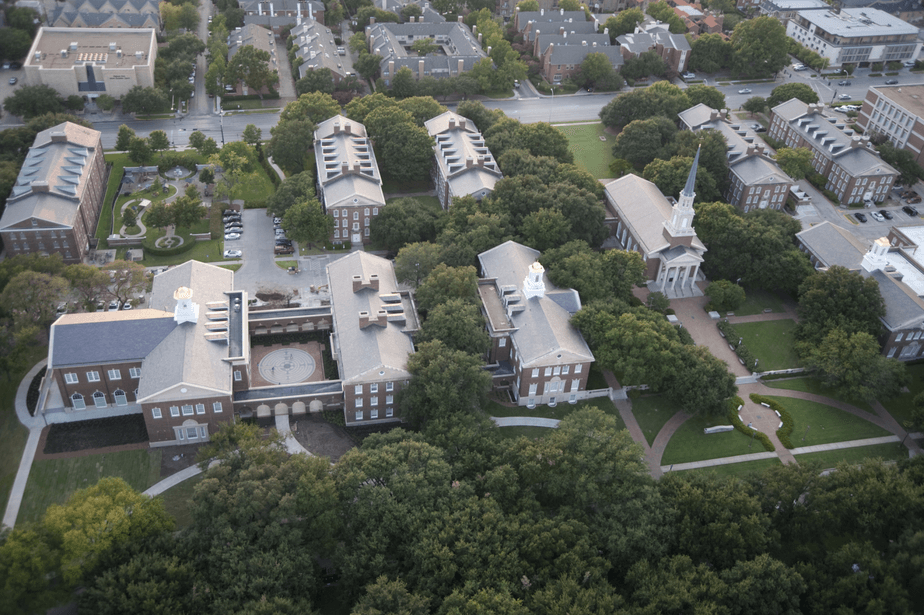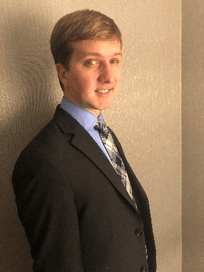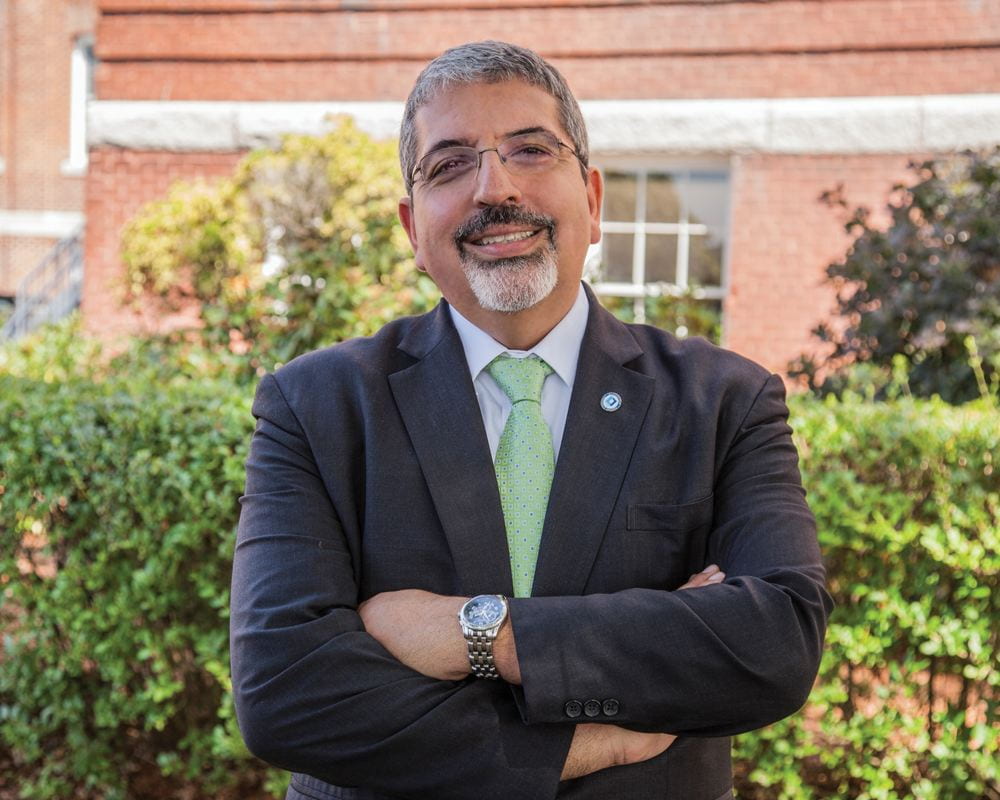I mentioned in a recent Perspective article that my wife’s memory is superior to mine. There is one thing I do seem to be good at remembering, however: song lyrics. Play almost any top-20 hit from the 60s or 70s, and the words will probably come right back to me. There are a great many things I would prefer to be good at rather than this, but I suppose you have to be thankful for your gifts, whatever they might be.
Whether or not you share this peculiar aptitude, you might recall one particular line from Bob Seger’s 1976 song “Against the Wind”: “Wish I didn’t know now what I didn’t know then.” This cleverly flips the common adage, “I wish I knew then what I know now.” Thinking back on my own seminary career, I am hard pressed to think of things I wish I still didn’t know, though there are a great many things I wish I hadn’t forgotten. (At one point, I could recite in order the list of all the rulers of Israel and Judah. Please don’t ask me to do it now.) On the other hand, it is easy for me to think of things I wish I had fully understood from the beginning. Of course, the fact that I eventually did learn them is testament to the education I received, however belated the attainment.
It is common for one generation to attempt to pass on to the next things they hope will give their heirs a head start. In that spirit at the beginning of a new academic year, here is a short list of things I wish I had fully grasped from the outset of my own theological education:
1) Master’s studies are the foundation, not the whole building. There is no more presumptuously named degree than the “Master of Divinity.” Few great things can be mastered in three years—and certainly not divinity! Ideally, a theological education sets one on a lifetime course of study. Those few years in the classroom are less about the total accumulation of facts than they are about the development of perspective and the cultivation of tools and interests for decades of learning.
2) There are many things I will never know. In some respects, I expected too much of my theological education, and in other respects too little. Prior to starting seminary, I had read (indeed, color-coded) the entire Bible, memorized dozens of verses, attended countless Bible studies, and read a few dozen books on subjects related to Christian faith. I supposed that my formal theological education would more or less close whatever gaps existed in my knowledge. Instead, it tended rather to expose them. Moreover, I slowly came to realize that there were things I simply could not know, no matter how much I studied. I would love, for example, to be able to state definitively who wrote the Pastoral Epistles. I have an opinion, to be sure, but I know that it is only an opinion. Sufficient evidence does not exist to make a definitive case. The gradual procurement of such “epistemological modesty” is not the unique province of those studying theology. Intellectual humility is often the mark of true learning, whatever the field.
3) Good answers require good questions. We are all limited by our ignorance of our ignorance. Seminary helped me to see how little I truly knew. More often than not, I had fallen into the trap of taking account of only a fraction of the relevant evidence, usually because, unwittingly, I was not looking for it. We learn to ask better questions most often by being exposed to the questions and viewpoints of others. It is what we take for granted that most easily leads us astray. Over time, I came to see that the people who ask the most broad-ranging and penetrating questions nearly always arrive at the most insightful and satisfying answers.
4) Do not confuse unintelligibility with profundity. Theological students may be tempted to write long, complex sentences filled with imposing—and, presumably, impressive—technical jargon. I recall reading papers from some fellow students and being utterly perplexed as to what they were saying. It took me a while to realize that it is vastly harder to write clearly than it is to write incoherently. Obscurantism is often mistaken for intelligence.
I was for a time a college chaplain. Interestingly, the professors of theology who came to preach (including Rowan Williams, later Archbishop of Canterbury, and the theologian N. T. Wright) addressed the students directly, with clear and unforced, unadorned speech. The problem came when persons from outside appeared to feel the need to justify their presence in the college pulpit. We didn’t need to be impressed; we needed to hear God’s word.
5) Good writing is hard work. For the first time, I had professors who gave serious attention to my writing and were willing to expose its weaknesses in detail. In so doing, they forced me to think at a higher level. To this day, I seldom come to clarity of thought by any means other than writing. And writing clearly can be exceptionally difficult work.
As a professor, I have witnessed the same phenomenon countless times. Few students arrive at graduate school having had their written work carefully and thoroughly critiqued. The students I have most appreciated are those who took this criticism seriously, who realized that they were embarking on careers as professional communicators and so were eager to improve their craft.
6) Everybody has something to teach me. I arrived at seminary too oppositional, with too many conventional and convenient stereotypes. Slowly, as I got to know others as people and not simply as positions, that began to change. Being in the company of a diverse group of fellow students encouraged broader understanding and greater empathy. It is not so much that I came to think different things than that I came to think in different ways. In particular, I could now understand why someone with divergent life experience might reasonably come to divergent conclusions. Almost inevitably, such a shift in perspective also leads us to realize that we have far more in common with others than we had imagined.
What most disturbs me about the present state of the church and our country is the fact that we have moved so far in exactly the opposite direction. Those with opposing perspectives are widely regarded as evil, stupid, or both. Ironically, the proliferation of media has allowed us to isolate ourselves in ideological foxholes, from which we lob grenades at the other side. At best, this is a recipe for poor and, at worst, disastrous thinking.
7) Character matters more than grades. I already must have sensed this as a seminary student, but the truth of it became unmistakable once I became a seminary professor. There is no simple correlation between students’ GPA and their potential for fruitful ministry. I have seen outstanding students founder in the pastorate and less stellar students flourish. Of course, that is no excuse for academic laziness. We honor God by using our capabilities to their fullest. But we should not fool ourselves into thinking that academic excellence is all that matters, or that it is what matters most in ministry. Ideally, of course, one hopes for excellence of both heart and mind.
8) Vocation is more important than career. This applies to one’s time in a theological school but is especially relevant to the years after when one may be tempted to envy fellow clergy who win more attention and seem to be living the life we imagined for ourselves. Ever so subtly, the focus shifts from serving the other to advancing the self. A bishop once told me, “Many of the most unhappy clergy in this conference are in their mid-to-late 50s. They’ve come to realize that their career aspirations will not be fulfilled, that someone else got the appointment they had worked for and thought they deserved.”
One of the most delightful aspects of teaching theological students is that few of them have yet fallen into this trap. They have not, as the book of Revelation put it, “abandoned their first love” (2:4). If they can maintain their focus on vocation and not career, they likely never will.
9) Ministry is a present as well as a future calling. While in seminary, you might imagine that ministry is something off in the future for which you are preparing. That is true in a sense, but only in a sense. A theological school is an excellent place to practice, not simply to prepare for, ministry. You do not magically become a different person at the moment of graduation or ordination. Who you are in seminary is essentially who you will be when you take that first full-time pastoral appointment. So, how you behave toward fellow students as well as professors and staff should be little different from how you anticipate behaving toward future parishioners. You don’t put on the role when you put on the robe.
10) Ministry is more gift than attainment. Surely, I already knew this on some level, but it has become increasingly evident over the years. To be self-focused is a dead end. You find yourself by giving yourself to others, and ministry offers innumerable opportunities to do just that. It is an incredible and unearned privilege to be allowed into people’s lives at so many significant moments. Yes, there is tedium and frustration in almost any form of ministry, but that is true of most jobs. To be called to ministry is a special grace, an exceptional opportunity to live close to the center of life’s meaning.























